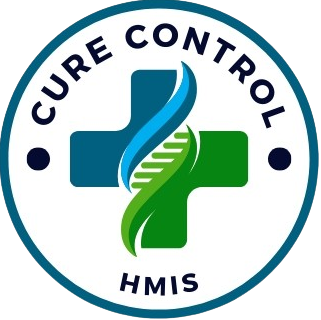In today’s digital age, technology has become an integral part of our daily lives, transforming various sectors including healthcare. The National Information Technology Board (NITB) has undertaken a major Electronic Medical Record (EMR) project called 1P1ID. This project aims to customize, implement, and replicate a Hospital Management Information System (HMIS) in all public hospitals of the Federal Government and across the country. The goal is to enable the delivery of public services to citizens through the innovative use of IT.
The implementation of an EMR system, such as 1P1ID, holds immense potential for revolutionizing healthcare. By digitizing medical records and streamlining processes, it offers numerous benefits to both healthcare providers and patients.
Enhanced Efficiency and Accuracy
With 1P1ID, the days of searching through stacks of paper files are long gone. Electronic medical records allow healthcare professionals to access patient information with just a few clicks. This not only saves time but also improves accuracy by reducing the risk of human error. The system also facilitates easy retrieval of patient history, lab results, and medication records, ensuring comprehensive and up-to-date information for informed decision-making.
Improved Patient Care
1P1ID empowers healthcare providers to deliver better patient care. By having access to complete and organized medical records, doctors can make more accurate diagnoses and develop personalized treatment plans. The system also enables seamless coordination between different departments and healthcare providers, ensuring continuity of care and reducing the chances of medical errors.
Effortless Data Sharing
One of the key advantages of an EMR system like 1P1ID is the ability to easily share patient data across different healthcare facilities. This is especially crucial in emergency situations where immediate access to medical history can be a matter of life and death. With the click of a button, authorized healthcare professionals can securely share relevant patient information, eliminating the need for manual transfer of records and reducing the risk of data loss or misinterpretation.
Cost Savings and Environmental Benefits
By transitioning to electronic medical records, healthcare facilities can significantly reduce costs associated with paper-based systems. The need for physical storage space, printing, and administrative tasks related to managing paper records are greatly minimized. Additionally, the environmental impact of paper waste is reduced, aligning healthcare practices with sustainability goals.
Enhanced Data Security and Privacy
1P1ID places a strong emphasis on data security and privacy. Robust measures are implemented to safeguard patient information from unauthorized access or breaches. The system ensures that only authorized healthcare professionals have access to sensitive data, and strict protocols are in place to protect patient confidentiality. This instills trust in patients and reinforces the importance of data privacy in healthcare.
In conclusion, 1P1ID is a groundbreaking project that aims to revolutionize healthcare by implementing an Electronic Medical Record system in public hospitals across the country. By digitizing medical records and leveraging IT, this project enables enhanced efficiency, improved patient care, effortless data sharing, cost savings, and heightened data security. With 1P1ID, the future of healthcare is brighter, more connected, and more patient-centric.




